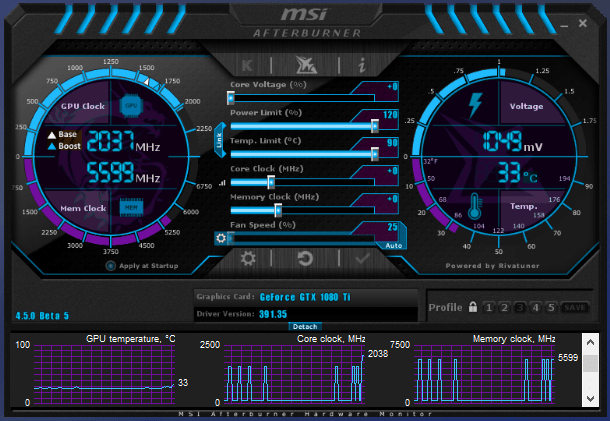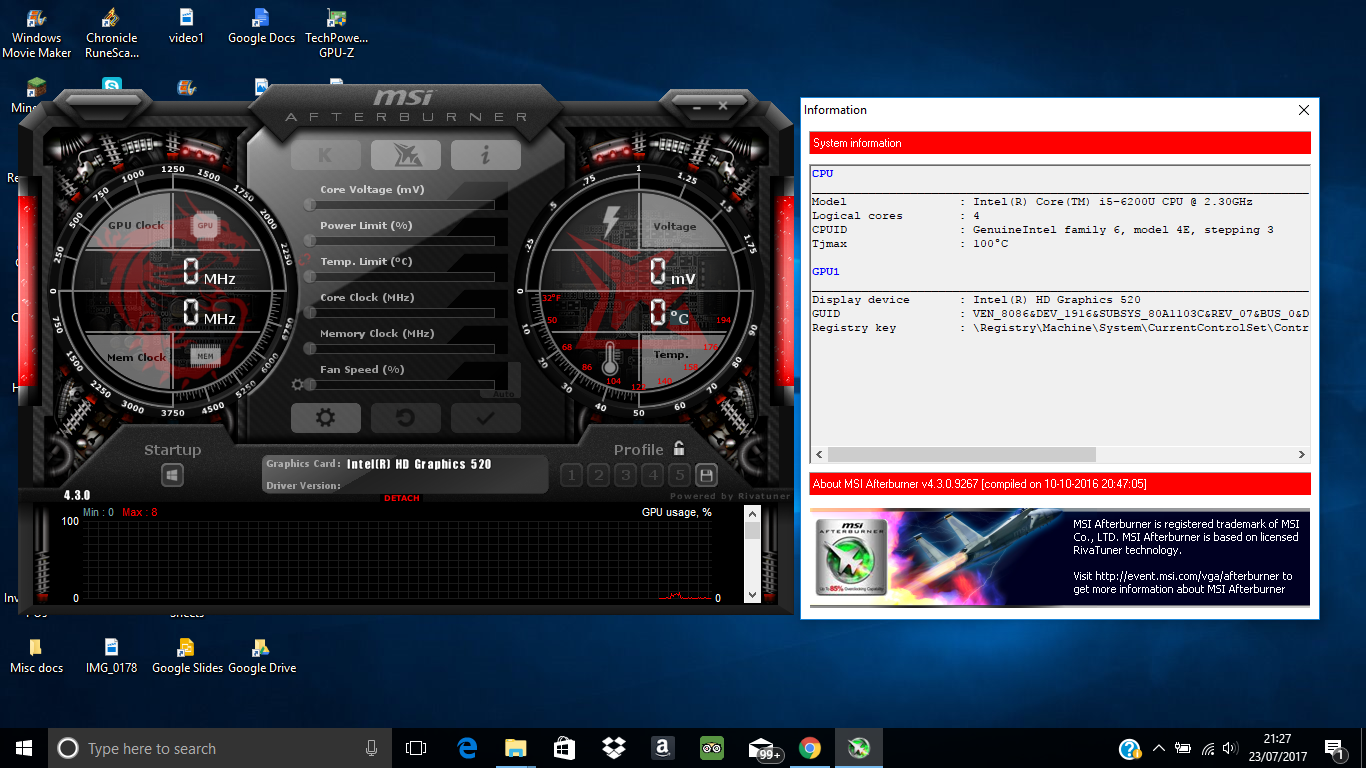
As always, we have to caution that overclocking voids the warranty on any processor, and you run the risk of damaging your chip if you apply excessive voltage.

CPU Overclocking Checklistīefore we start turning up the dial on the voltages and fans, you'll need to make sure that your system is ready for overclocking. Here's our guide that shows the steps you take to overclock your CPU.

We also have CPU overclocking benchmarks showing the performance increases we achieved with relatively easy techniques. Today, we'll show you how to overclock your CPU and teach you how to unlock the hidden performance lurking under your heatspreader. But, it may not be stable at all times, and your GPU may throttle down because of the increased temperatures if you don't have a good GPU cooling system in place.Should you overclock your CPU? Well, there are a set of best practices that you should follow when you overclock your processor, and if you take a reasonable approach, the risk is minimal.

Yes, GPU overclocking can give you a 10-15 percent gaming performance boost. Always research your specific GPU specs and limits before overclocking. Please note that this is general advice and MakeUseOf is not responsible for any hardware damage that comes from overclocking. Most modern GPUs will cut out before anything truly awful happens. This is usually a sign that you went overboard in overclocking your GPU, so pulling back the clock speed a notch should fix this up. But, if that sounds worrisome, the worst that will happen is a crash, freeze, or a blue or black screen, easily fixable with a simple computer restart. GPU overclocking can increase your operating temperatures, putting more stress on your GPU. Here are some frequently asked questions about GPU overclocking and their answers.


 0 kommentar(er)
0 kommentar(er)
